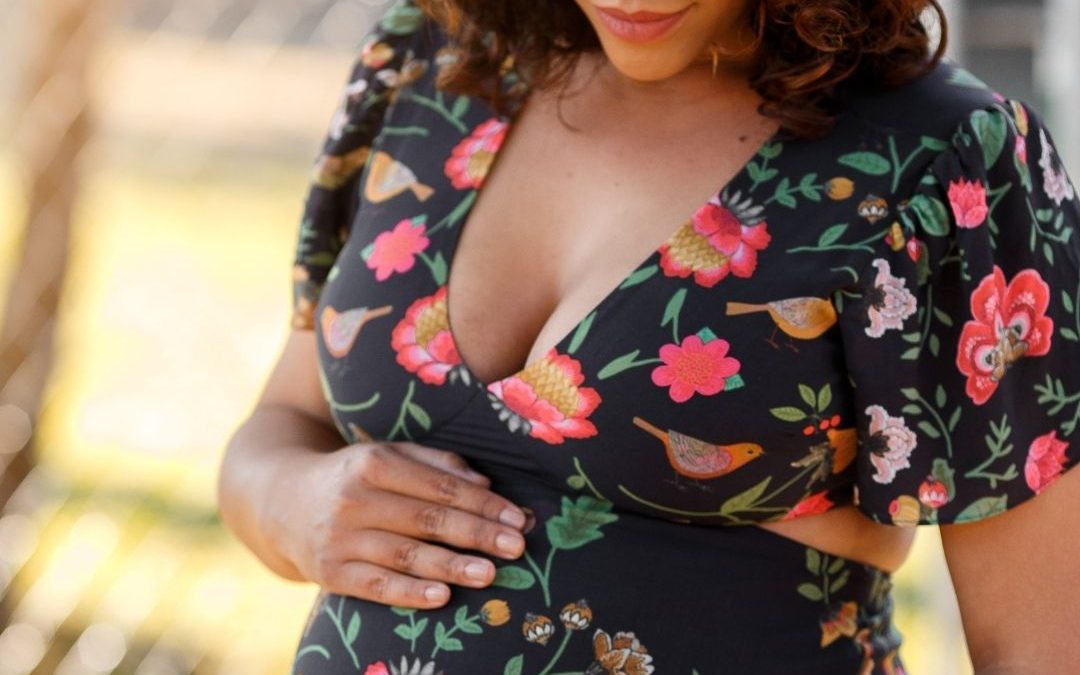This is a post about considering home birth rather than hospital birth. While we’ve tended to support most of our clients in the hospital, we’re seeing an increase in interest about homebirth. Some of this may be because of COVID-19, but we also think that there’s an increased awareness of home birth overall.
I want to be clear about who this post is for:
- You’d like a homebirth but you have no idea how to make it happen.
- You’re curious about homebirth, but it seems a little intimidating.
- There are aspects of homebirth that appeal to you, but others that make you say “ain’t no way”.
- You would love a homebirth but worry that there are medical concerns that would prevent it OR have fears about emergencies arising.
If you’re the sort of person who has always envisioned yourself laboring in a tub, with your partner between your legs waiting to catch your baby, and would not step foot in a hospital if they paid you, you don’t need this post. We admire your certainty, and wish you a great birth! (Send this to your friend though. We know you want to.)
Why would you choose a homebirth?
You’re here because you’re making some decisions. So let’s talk through the motivation behind homebirth. Usually, people birthing out of hospital are looking for a few things:
Homebirths have less intervention
The policies of homebirth midwives and hospital labor and delivery units are very different!
What is considered standard in your care at home involves significantly less medication (for treatment or pain management), less invasive monitoring, and fewer cervical checks. There are no hospital policies involved.
If you prefer a birth that is more untouched and allows your body and baby to do what they will naturally, this is appealing to you. If you’d like an epidural, or have a medical condition that requires more monitoring, intervention is not a bad thing.
You have options at a home birth that are not available at some hospitals, such as water birth or a midwife.
While there are several hospital-based midwifery practices in DC, Maryland, and Northern VA, not every hospital has them. The same is true of various options like laboring in the tub (some hospitals but not most have labor tubs), moving around without being attached to monitors (you may or may not have access to wireless monitoring).
Getting the birth plan that you want can sometimes be a factor behind choosing homebirth.
You want privacy and more certainty about who will be in the room when you give birth.
In most hospital births, you’re working with providers that are a part of a larger practice. Whether you have an obstetrician or midwife, they may work with several other providers and have a rotation of shifts that they follow. One person from the practice attends the births on a given day, regardless of who you’ve built a relationship with.
While the OBGYNs and midwives trust one another within the practice, you may not know all of those people! And you almost certainly will not know the labor & delivery nurses (who you will see most frequently during labor) prior to entering the hospital.
With most homebirth midwives in the DC and Baltimore area, you have a very good idea of who will be at your birth. Getting to know one provider, or two, is much easier. There are fewer people involved to build trust with.
Knowing the members of you birth team well can be especially important to Black women and families of color, who are concerned about being respected by their provider.
Being at home gives you a sense of safety.
This is often the most common reason to first think of a homebirth- a gut feeling.
If you have a general sense that you will be safer at home, this feeling matters! When we feel safe and not stressed in labor, our bodies have a greater chance to labor without complications. This feeling also contributes to a more positive experience during your labor. There are also statistics to back up this feeling. Homebirths are associated with:
- Fewer maternal infections
- Fewer major (third and fourth degree) tears
We have talked to many women of color and Black women recently who feel safer out of the hospital due to maternal mortality.
How do you plan for a home birth?
If you decide that you want a homebirth, my first recommendation is always to find your midwife. You’ll want to find out:
- How many births the midwife has attended
- How your prenatal care will be handled
- How any complications will be handled (midwives bring supplies for some emergencies, such as IV fluid, tools to suture if there is tearing, oxygen if needed, and medication to stop hemorrhages)
- What would happen if you had to transfer to the hospital
A homebirth midwife will guide you through the rest of your preparation. Your midwife will likely have a birth assistant, and will provide many of the supplies for the day of. They can also guide you through considerations for a birth plan.
It’s important to us to acknowledge that for some people, a home birth sounds great, but seems out of reach.
Out of hospital birth may have more out of pocket expenses
If your insurance company only covers medical care provided in the hospital, the out of pocket expenses can be a barrier. As an alternative, you could talk to homebirth midwives about their options for payment plans, or see if a birth center is covered.
You may have health concerns that make home birth riskier.
While homebirth is very safe during many pregnancies, there are conditions that make it riskier. Some of these include:
- Chronic medical conditions like hypertension
- Pregnancy complications like pre-eclampsia, placenta issues
- Concerns about the baby’s growth or position
- Multiples
- Previous cesarean birth
As a non-medical professional, it is important to me as a doula that you’re connected with a provider that gives you prenatal care, knows your pregnancy and health history, and can guide you on safety. If anything labels you as potentially high risk, or you worry about emergencies, a conversation with a homebirth midwife and your current provider can help.
This is especially important for Black women. While we must feel safe with our providers, we also have a right to healthcare that best fits our medical history.
It may seem like home birth midwives are unavailable.
Depending on where you’re reading this, finding a midwife to support you at home may be challenging. Based on state regulations, you may be looking for a Certified Professional Midwife (CPM) or there may be Certified Nurse Midwives (CNM) that practice at home. Here’s how to find one:
- Many midwives are listed on mana.org.
- Look for midwives that are working in your area, and contact them through their website. You can also ask other professionals that support pregnancy, like doulas. We have a list if you reach out to DC Metro Maternity for DC, MD and Northern VA.
- You can also contact Black Women Do Homebirth for resources.
It’s helpful to begin the search early in your pregnancy since midwives take a limited number of patients at a time. This also allows the provider to manage your prenatal care for most of your pregnancy, and know you well.
Your family members’ doubts create doubts for you.
Just like there are both practical and emotional reasons to have a home birth, there are reasons not to. The biggest one may be if you and your loved ones (especially your partner) aren’t on the same page. Remember that sense of safety? It can be influenced by the people you’re close to. Here are some things to consider in talking to your loved one:
- How do they feel about birth in general?
- What concerns about safety and emergencies do they have? (A discussion with the midwife will often help here.)
- How familiar are they with homebirth? (Watching videos may help!)
- See if there is a birth center nearby. This sometimes eases fears. If you’re in the DMV, the doulas at DC Metro Maternity can help you find a birth center.
So what if you want a home birth but realize that hospital birth is the best option?
Think back to your motivations behind considering a homebirth. Consider what’s important to you, and what you can have. You might do things like:
- Work with a midwife in the hospital
- Find out what options are available at your local hospital for an unmedicated birth
- Take a childbirth class to help understand your options and create a birth plan
- Hire a labor doula to help you prepare for your hospital birth
- Understand the reasons behind maternal mortality to empower yourself in the hospital. You can learn about them in our course, Attain.
As doulas, we don’t believe that at home is the only place to have an unmedicated birth.
Most importantly, we know that whether at home, hospital or birth center you can have an empowered, positive birth. If you find that you’re high risk, and homebirth isn’t right for you, you can still have a birth that you’re well prepared for. We would love to help as your labor doulas. Learn more here, and reach out.


